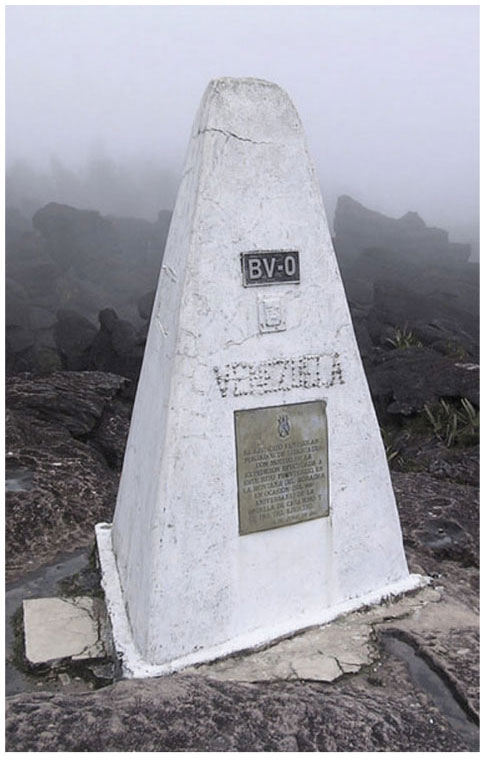GUYANA | Venezuela wants the ICJ to Declare Guyana's boundary Claim Inadmissible, But what's the history?

The International Court of Justice (ICJ), the principal judicial organ of the United Nations, on Thursday, began public hearings on the preliminary objections raised by Venezuela in the case concerning the Arbitral Award of October 3 1899 which fixed the Boundary between Venezuela and British Guiana.
The International Court of Justice (ICJ), is holding public hearings on the preliminary objections raised by Venezuela in the case concerning the Arbitral Award of 3 October 1899 (Guyana v. Venezuela) from 17 to 22 November 2022 at the Peace in The Hague, the seat of the Court.
The Sessions are being held under the presidency of Judge Joan E. Donoghue, President of the Court.
According to Venezuela, as a result of the arbitrary actions of the British crown, the Venezuelan territory known as the Essequibo has been improperly occupied by Guyana. Consequently, Venezuela's Vice President Delcy Rodriguez asked the Hague Court to declare Guyana's lawsuit over the Essequibo inadmissible.
In presenting her country's objections, she confirmed that the Bolivarian government does not recognize the ICJ jurisprudence since the 1966 Geneva Agreement establishes that Venezuela and Guyana commit to a bilateral resolution of any conflict in the Essequibo area.
Rodriguez pointed out that the ICJ is not in a position to admit the Guyana lawsuit because the U.K., the indispensable party to resolve the issue of the dispute, is not a participant to the dispute.
“In its pursuit of profit, the United Kingdom acted against a sovereign state” Rodriguez said when she explained the origin of the dispute over the Essequibo, a territory that the British Crown misappropriated.

Rodriguez also explained that, in accordance with international law, Venezuela filed preliminary objections against the admissibility of the claim.
“For Venezuela, this question is at the very center of our Homeland. We will not allow a new territorial dispossession,” she said, emphasizing that the Court should not admit the claim.
However, the historical records tell a different story. The Treaty of Washington of 1897 between Britain and Venezuela was to settle for all time the boundary between Venezuela and Britain’s colony of British Guiana. Venezuela and Britain undertook in solemn terms in that Treaty “to consider the results of the proceedings of the Tribunal of Arbitration as a full, perfect and final settlement of all the questions referred to the Arbitrators.”
It was the time of the Monroe Doctrine and Venezuela co-opted the full patronage of America. It nominated the Chief Justice of the US Supreme Court as a member of the Tribunal, and a former American President as its chief Counsel – Benjamin Harrison.
Its members invited Professor F. de Martens - Professor of International Law at the University of St. Petersburg, perhaps the most eminent international lawyer of that time - to be the President of the Tribunal. An assemblage of more distinguished judicial minds and offices it would be hard to match at any time.

The verbatim records of the work of the Tribunal fill 54 printed volumes – with arguments four hours each day, four days each week, for nearly 3 months.
Venezuela’s Ambassador to Britain - the then President’s brother, Jose Andrade - hailed the Award: “Greatly, indeed, did justice shine forth. … We were given exclusive dominion over the Orinoco, which was the principle aim we sought to achieve through arbitration”.
Reporting to the US Congress (on 5 December 1899) President McKinley reported “The decision appears to be equally satisfactory to both parties’. And for 63 years that was the official Venezuelan position.
The boundary as determined by the Tribunal’s Award of 3 October 1899 was jointly surveyed, marked on the ground, and formally mapped and agreed to in the 1905 Boundary Agreement between Venezuela and Great Britain.
When in 1962, the people of Guyana exercised their right of self-determination, for the first time, the Government of Venezuela laid claim to two-thirds of the now former British colony – the entire Essequibo region.
